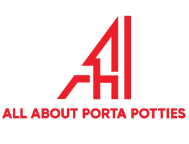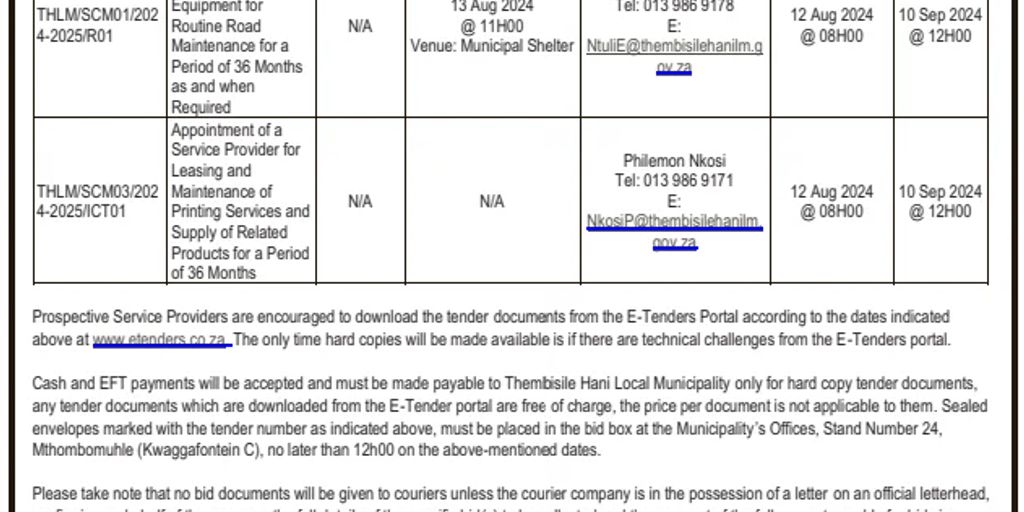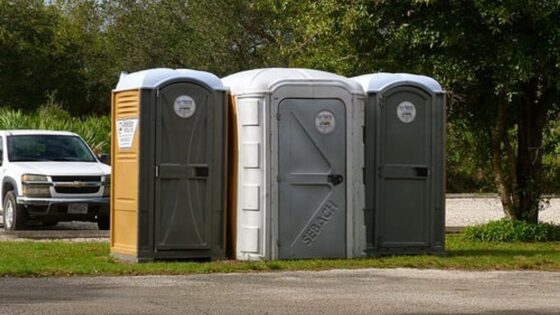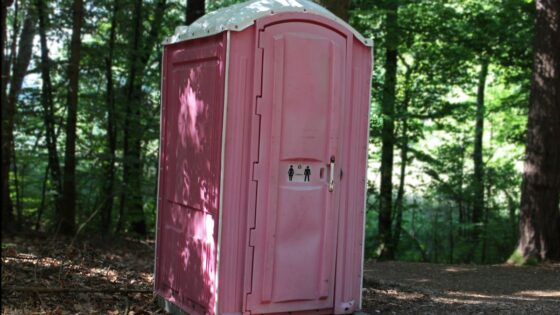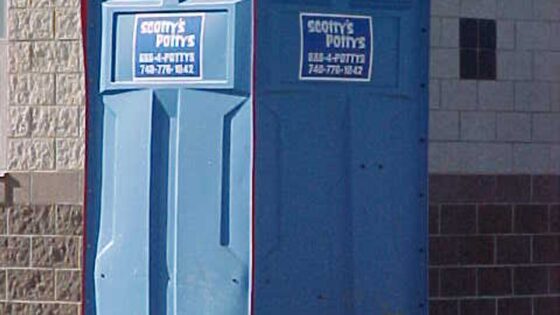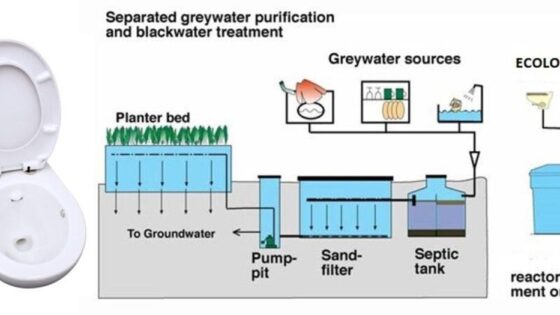Why Porta-Potties Are Your Best Friend
The Magic of Portable Toilets
Porta-potties are like superheroes on a construction site. They show up when you need them the most. No more running around looking for a bathroom! These portable toilets are easy to set up and move around. Plus, they keep the site clean and workers happy.
Keeping It Clean: Tips for Porta-Potty Maintenance
A clean porta-potty is a happy porta-potty. Here are some tips to keep them fresh:
- Clean them daily.
- Stock up on toilet paper and hand sanitizer.
- Use deodorizers to keep bad smells away.
Regular cleaning makes sure everyone stays healthy and the site smells good.
Avoiding the Dreaded Porta-Potty Panic
Ever had that moment when you really need to go, but the porta-potty is occupied? Avoid the panic by having enough units for your crew. A good rule is one porta-potty for every 10 workers. This way, no one has to wait too long, and everyone stays comfortable.
Handwashing Stations: Not Just for Germaphobes
The Science Behind Hand Hygiene
Washing hands isn’t just for neat freaks. It’s science! Germs are everywhere, and they love dirty hands. Washing hands can stop germs from spreading and keep everyone healthy. It’s like a superhero move against sickness.
Setting Up the Perfect Handwashing Station
A good handwashing station needs soap, water, and paper towels. Make sure it’s easy to get to and always stocked. Here’s a quick list:
- Soap (liquid or bar)
- Clean water
- Paper towels or air dryer
- Trash can
Encouraging Workers to Actually Use Them
Getting people to wash their hands can be tricky. Put up funny signs to remind them. Make it a habit by setting times for everyone to wash up, like before lunch and after using the bathroom. Rewards for clean hands can also work wonders!
Dumpster Diving: The Right Way to Handle Construction Waste
Sorting Trash Like a Pro
Sorting trash isn’t just for neat freaks. It’s super important on a construction site. Separate your waste into piles: wood, metal, plastic, and general trash. This makes recycling easier and keeps the site clean. A clean site is a safe site!
Why You Should Care About Waste Segregation
Why bother sorting waste? Well, it helps the environment and can save money. When you recycle, you reduce the amount of trash that goes to the landfill. Plus, some materials can be reused, which means you don’t have to buy new ones. Less waste, more savings!
The Hidden Dangers of Ignoring Waste Management
Ignoring waste management can lead to big problems. Piles of trash can attract pests and create safety hazards. Workers might trip over debris or get hurt by sharp objects. Proper waste management keeps everyone safe and healthy.
Good waste management isn’t just about being tidy. It’s about safety and saving money too.
Lunch Breaks and Leftovers: Keeping the Break Area Clean
The Art of the Perfect Lunch Break
A good lunch break can make or break your day. It’s not just about eating; it’s about recharging. A clean break area is key. No one wants to eat in a mess. Keep tables wiped down and trash in the bins.
Dealing with Food Waste
Food waste can get gross fast. Use separate bins for food scraps. This helps keep the area clean and makes it easier to dispose of waste. Composting is a great option if you can swing it.
Keeping Pests at Bay
Pests love food scraps. To keep them away, seal up leftovers and take out the trash regularly. A clean break area means fewer bugs and rodents. No one wants to share their lunch with a rat!
A tidy break area isn’t just nice to have—it’s a must for a happy, healthy worksite.
Water, Water Everywhere: Managing Water Supply and Drainage
Ensuring Clean Drinking Water
Clean water is a must on any construction site. Workers need it to stay hydrated and healthy. Always have a reliable source of clean drinking water. This could be bottled water or a filtered water station. Make sure it’s easy to access and regularly checked for quality.
Proper Drainage Solutions
Good drainage keeps the site safe and dry. Without it, you could end up with muddy messes and dangerous puddles. Set up proper drainage systems to direct water away from work areas. Use trenches, pipes, and pumps to keep things flowing smoothly.
Preventing Waterborne Diseases on Site
Waterborne diseases can spread quickly if you’re not careful. Make sure all water sources are clean and free from contaminants. Encourage workers to wash their hands often and use hand sanitizer. Regularly inspect water storage tanks and pipes for any signs of trouble.
Keeping water clean and managing drainage well can make a huge difference in site safety and worker health.
Gear Up: Personal Hygiene for Construction Workers
The Essentials of Personal Protective Equipment
Construction sites can be messy and dangerous. That’s why Personal Protective Equipment (PPE) is a must. Helmets, gloves, and boots keep workers safe. But don’t forget about hygiene! Clean gear means fewer germs.
Shower Solutions for the Brave
After a long day, a shower is a worker’s best friend. Portable showers on-site can make a big difference. They help wash away dirt and sweat. Plus, they keep everyone feeling fresh and ready for the next day.
Why Deodorant is Your Best Friend
Let’s face it, construction work is sweaty business. Deodorant can help keep the stink away. A quick swipe in the morning can make a huge difference. It’s a small step that goes a long way in keeping everyone happy.
The Role of Supervisors in Maintaining Sanitation Standards
Leading by Example
Supervisors need to show workers how it’s done. If the boss keeps things clean, workers will follow. Actions speak louder than words. So, supervisors should always use the handwashing stations and keep their own gear tidy.
Training Workers on Sanitation Protocols
Training is key. Supervisors should teach workers the right way to stay clean. This means showing them how to use porta-potties, handwashing stations, and how to handle waste. A quick demo can go a long way.
Regular Inspections and Audits
Regular checks are a must. Supervisors should walk around the site and make sure everything is clean. They can use a simple checklist:
- Are the porta-potties clean?
- Is there enough soap at the handwashing stations?
- Is trash being sorted correctly?
Keeping an eye on things helps catch problems early. Prevention is better than cure.
